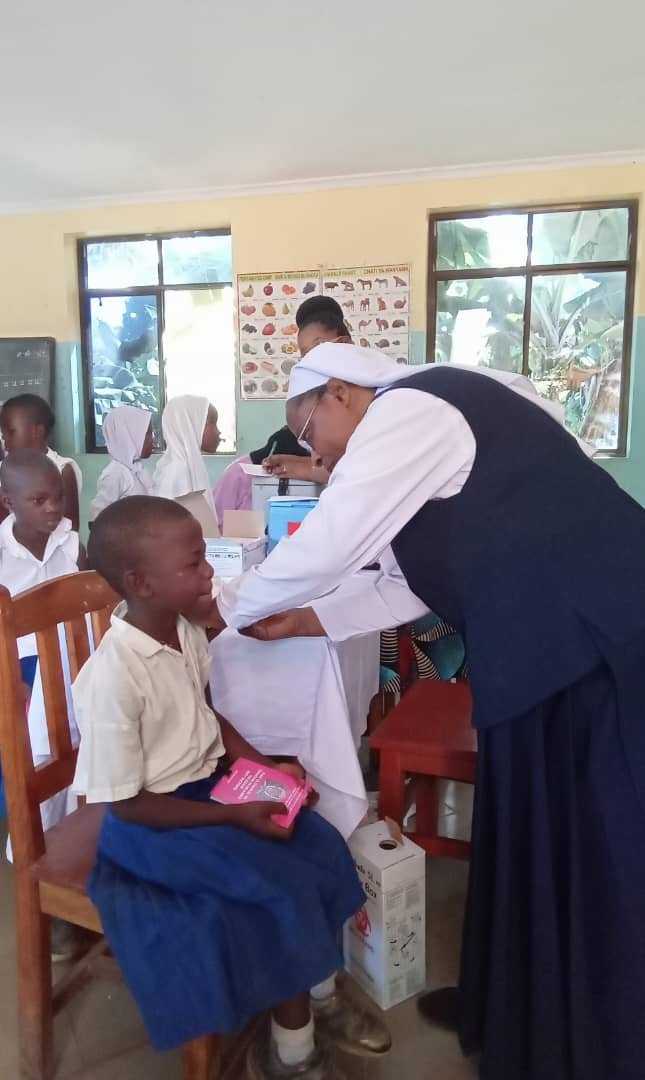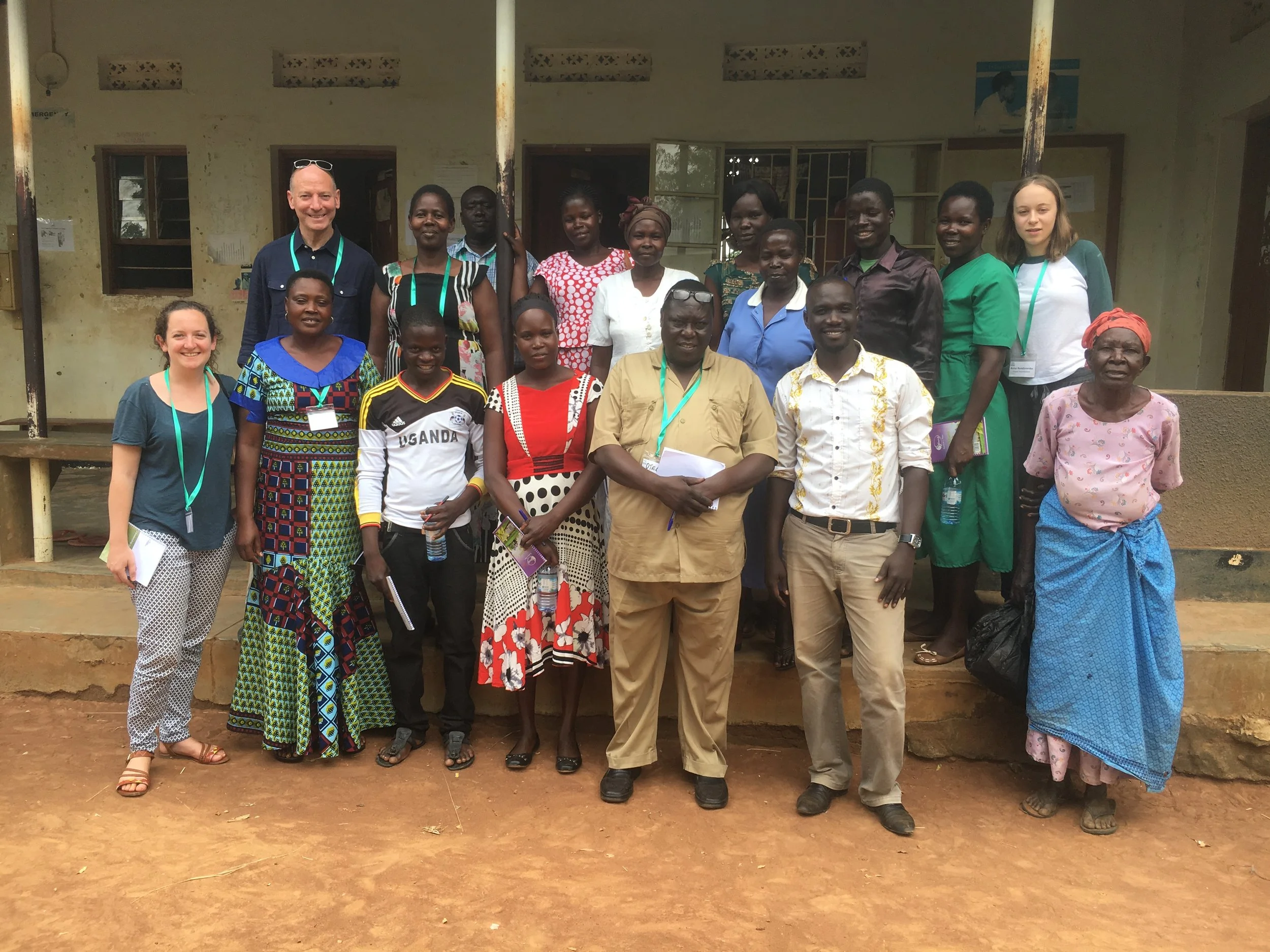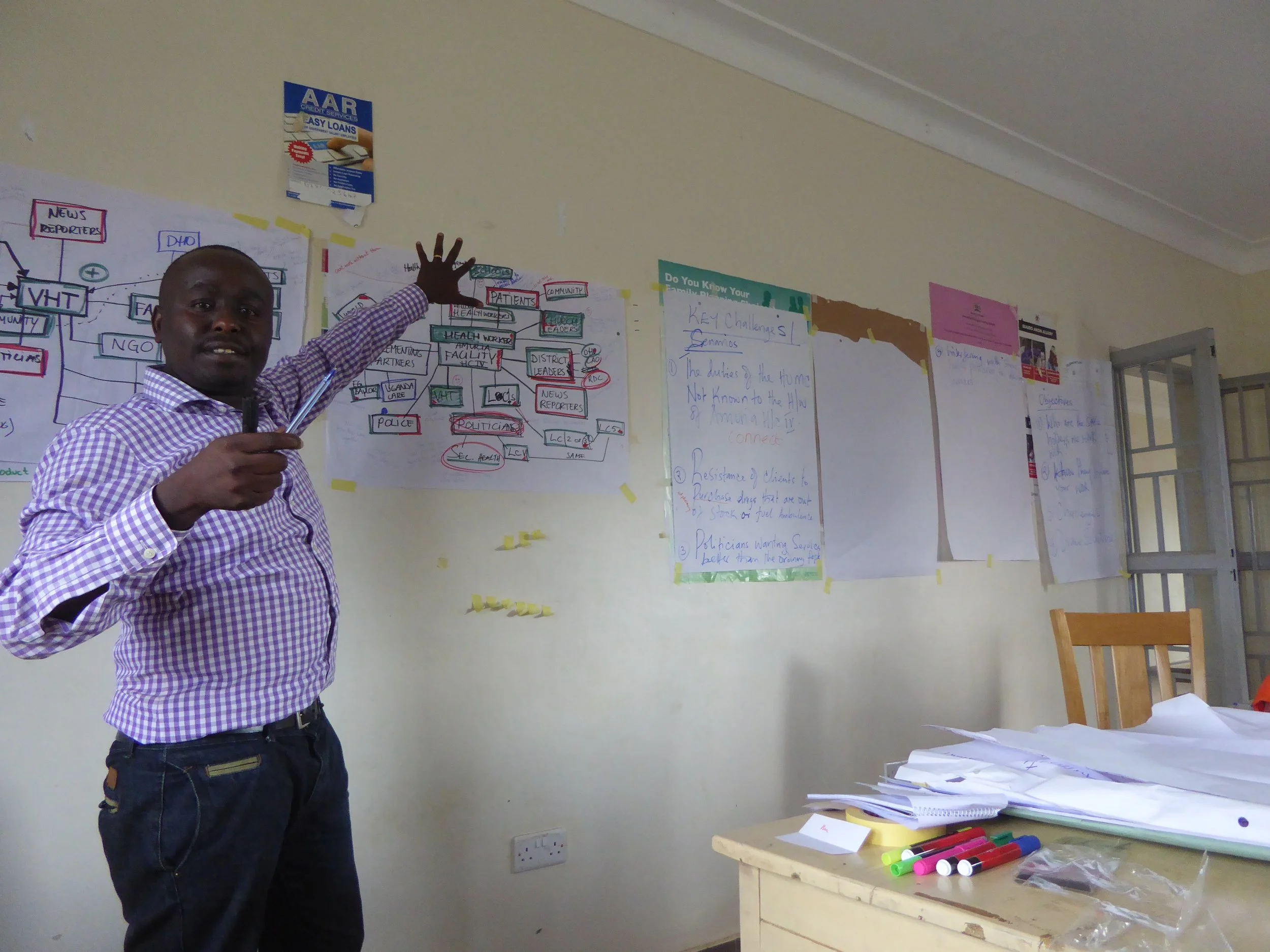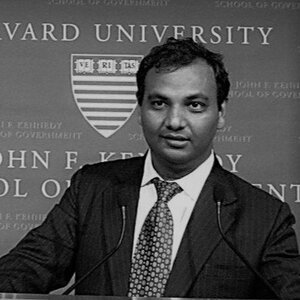February 2024 saw the launch of an innovative leadership development programme in Uttar Pradesh, India: Krishi Tarang. Delivered by Pepal, in collaboration with Nestlé and Progressive Foundation, the programme blends social impact with capacity building to uplift young people from agricultural communities. By cultivating entrepreneurial mindsets and fostering collaboration across sectors, Krishi Tarang will improve livelihoods in agricultural communities, and empower rural leaders to create lasting change.
Over the coming years Krishi Tarang will bring together leaders from Nestlé’s global network with national leaders from Indian NGOs, social enterprises, for-profit organizations, government bodies, and universities. They will learn together in joint cohorts, which will nurture courageous and innovative leadership mindsets, foster skills and action-oriented collaboration, and drive purpose-driven partnerships to empower grassroots communities.
A Unique Approach to Leadership Development
Krishi Tarang’s structure is designed to maximize impact:
Experiential Leadership Training - Participants begin with a one- or two-day introduction to leadership. This is followed by an immersive five-day session where participants, grouped into teams with their international counterparts, apply leadership theories to real-world challenges. Six months later, a one-day refresher session provides an opportunity for participants to reflect on their projects and hand over responsibilities to the next cohort.
Cross-Sector Innovation Projects - After the immersion, national participants team up with corporate leaders to design and implement low-budget, high-impact projects. These initiatives provide hands-on experience and solidify leadership skills while addressing pressing community challenges.
Sustainable Partnerships - Pepal facilitates collaborations between participating organisations to build long-term partnerships and learning which lasts. Each cohort’s insights and progress are passed on to the next, creating a growing wave of innovation in agriculture – in Hindi, krishi tarang, which gives the programme its name.
Real Impact on Rural Communities
The first, pilot, cohort in February 2024 made a tangible difference. Teams reached over 950 farmers through a variety of initiatives ranging from providing skills-based training on natural farming techniques, and empowering female farmers to launch their own YouTube channel for knowledge sharing, to distributing seeds and input materials to farmers, and establishing connections between farmers and buyers to ensure better prices.
These efforts yielded impressive results as some farmers reported a 50-80% increase in monthly income, others a 30-35% reduction in input costs, and female farmers were enabled to gain greater access to government schemes. Additionally, young leaders from agricultural universities secured employment opportunities with programme partners.
Looking Ahead to Cohort 2
Building on the success of the first cohort, five teams from Cohort 2, which ran in September 2024, are now piloting new innovations. These include introducing multi-layer farming techniques, expanding natural farming training, creating kitchen gardens, and experimenting with mushroom cultivation.




























































